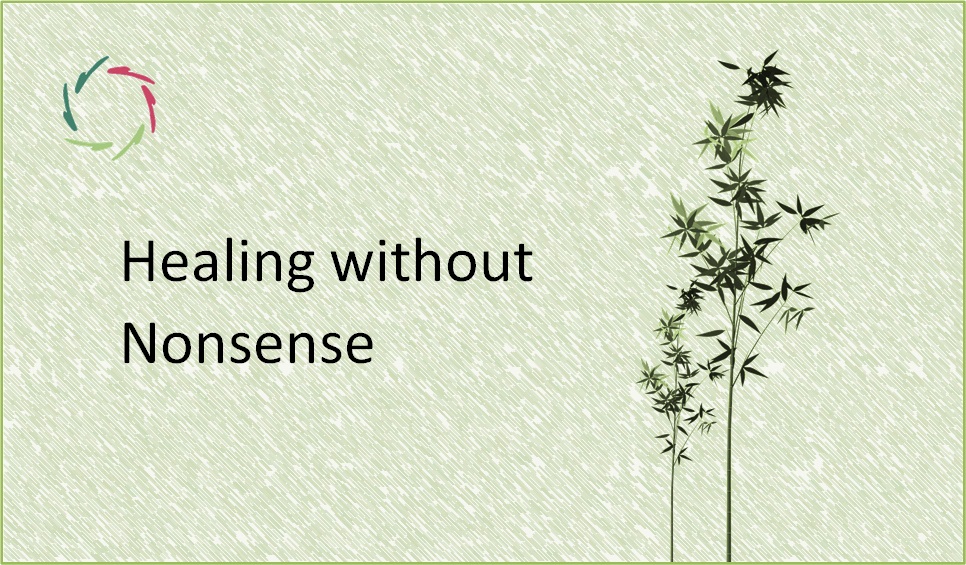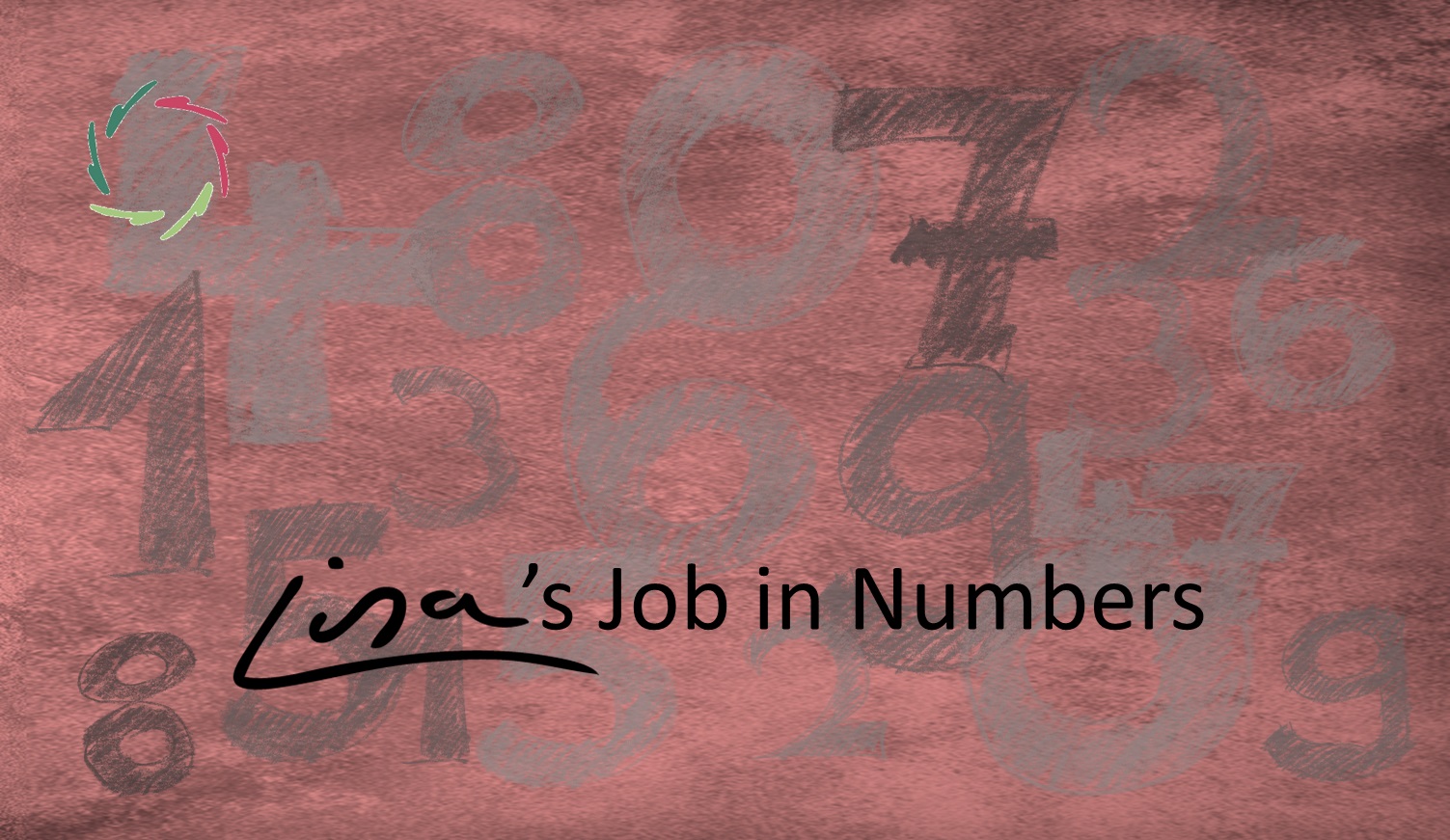Healing without Nonsense

Anything – including sheer nonsense – can positively influence health in mind and body. Still, it is crucial to get beyond.
Wishing good health
Most people want to see themselves as rational beings. Also, most people find their health most important, wishing each other good health, spending much money to get it for themselves and their loved ones.
Yet, in a quest for good health, an immense amount of money is spent on things that are incompatible with rationality ― as if they are unrelated.
Of course, we come from a past full of placebo, and in which placebo was one of the few things that ‘worked.’ Modern Western medicine was/is a trial to get out of that.
Rationality is very much related to good health.
This shows clearly in body matters, less in mind matters because rationality is more challenging to accomplish in a milieu of complexity. But it is, after all, the more important one, also regarding rationality.
Even if something has a positive influence on health, there may be a balance with much negative power on the other side. This negative influence may be on health and much broader, short-term and long-term.
First, the positive side.
The power of ‘whatever’
This is the power of placebo. Anything can act as a placebo, including anything that isn’t at all related to rationality. No medical study whatsoever is needed. Any individual can start a practice of whatever and be successful.
The only requisite is that people believe in this or that particular whatever.
We see a lot of that and of people asking, “So what?”
Well then, so what?
I see an immense problem in people being bent on seeing ‘whatever’ as good enough to get rid of distress quickly. It doesn’t help that the term ‘holistic’ is frequently (ab)used for ‘whatever’ gives the impression to transcend a purely materialistic take on health. ‘Whatever’ isn’t good enough. Even more, it may be worse than pure materialism, as well as not seldom itself being materialism in disguise.
Remember the balance. One should take this into account for two main reasons:
- Many factors are difficult to discern within complexity, which we are dealing with to a huge degree in human health, primarily if mind related. Without rational thinking-through, one may easily enter a very wrong path without noticing.
- The human ‘deeper self’ is naturally focused on the concrete and immediate. This is an immense bias that may lead us dangerously astray.
Taking both into account, and with insight into placebo side-effects, it becomes clear that placebo is not good for you, personally. For instance, long-term burnout may be the price to pay for a repeated fight against symptoms with short-term success. There is no simply free ticket in health.
Eventually, only truth can truly cure.
Also, there is a social reason to be wary of nonsense in healing.
With many individuals in the same vein, there is a massive impact on high-end sociocultural factors in the long term. For instance, C.G. Jung, a 20th-century Swiss psychiatrist, famously described how large-scale wars start with what happens deep inside individuals.
That includes you and me.
This way, the most important of what happens on a local and global scale comes from inside.
Note that I’m not busy with AURELIS for me, but rather for you.
Please, get rid of the nonsense, starting with any all-too-obvious placebo.


